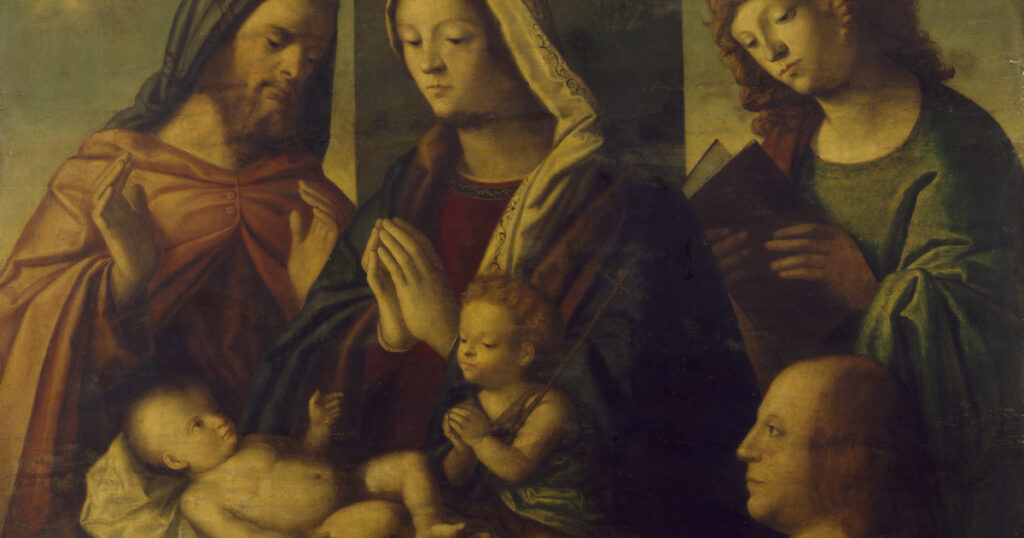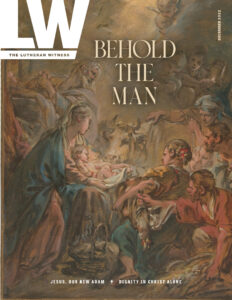Anthropology.
Anthropos means “man.” Logos means “words.” Anthropology, then, literally means “words about man.” More colloquially, anthropology is the science or study of the human being. Long before anthropology became a “science,” theology (words about God) defined and explained mankind. And this Christian understanding of mankind differs dramatically from the modern scientific understanding of humanity.
Modern science primarily views man in two ways: as matter and as basically good. In the former case, science cannot account for the spirit or soul of a human being; therefore, it denies any existence apart from what we can observe. In the latter case, modern science denies original sin in mankind and therefore man is just in need of a little refinement here and there. This in part results from an evolutionist perspective that interprets the world as progressively improving.
These scientific perspectives miss the mark because they are grounded solely in the naturalist, material perspective of this world.
What does anthropology have to do with Christmas? Everything.
Christian anthropology begins and ends with Christ Jesus. If we want to see the perfect man, we do not look to our fellow men. We do not look to “perfect specimens” on television or the crafted characters in fiction books. Rather, we look to the infant child in the manger, and we proclaim the words of Pontius Pilate, “Behold the man!” (John 19:5).
Even as an infant, Christ is the man. When we consider our creation in the image of God, we look to the Author and Perfector of our faith (Heb. 12:2) who became a man for mankind. When we consider how we lost God’s image by the fall into sin, we measure that fall against His perfection. When we ponder our new creation in the waters of Baptism, we do so by virtue of being united to His death and resurrection.
We celebrate Christmas because in the birth of God by the Virgin Mary, we see mankind as God meant him to be and as God recreates mankind through Jesus.
In this issue, you’ll see this discussion of mankind play out. Angus Menuge explains one of the modern approaches to understanding man and how Christmas sends our thoughts in a different direction. Original sin has completely corrupted mankind; Lutherans worked through what this means in the Flacian Controversy, as Adam Francisco explains in detail. In an article discussing the Metaverse, I explain how modern technologies distort our anthropology. And, most importantly, Adam Hensley points us to the Triune God to understand who man is. It might seem counterintuitive to look at God to understand who and what man is. But in the end, the Creator and Maker of all things alone defines who we are and why we live and move and have our being.
Only theology can give us a true anthropology.
Celebrating in Christ,
Roy S. Askins
roy.askins@lcms.org







